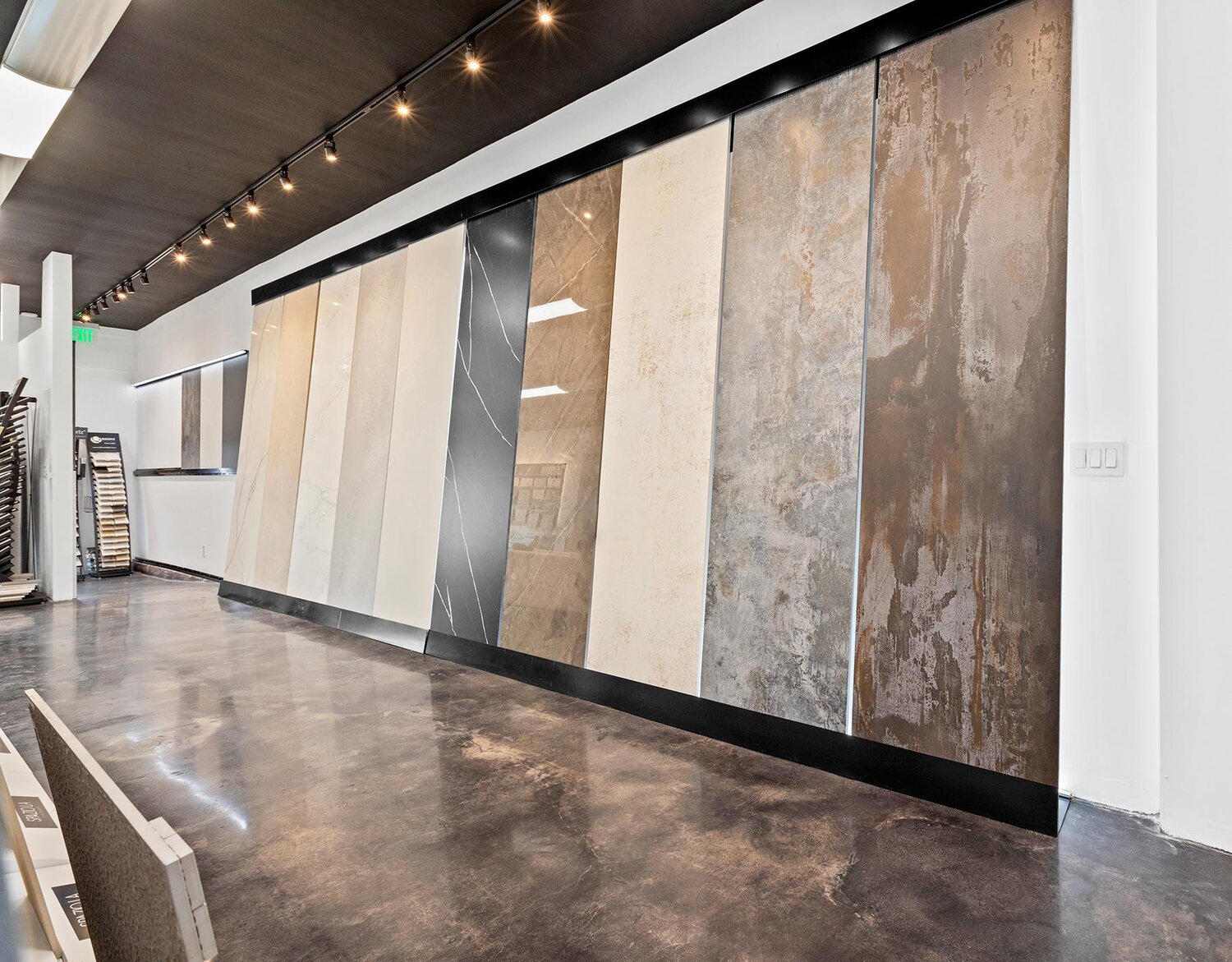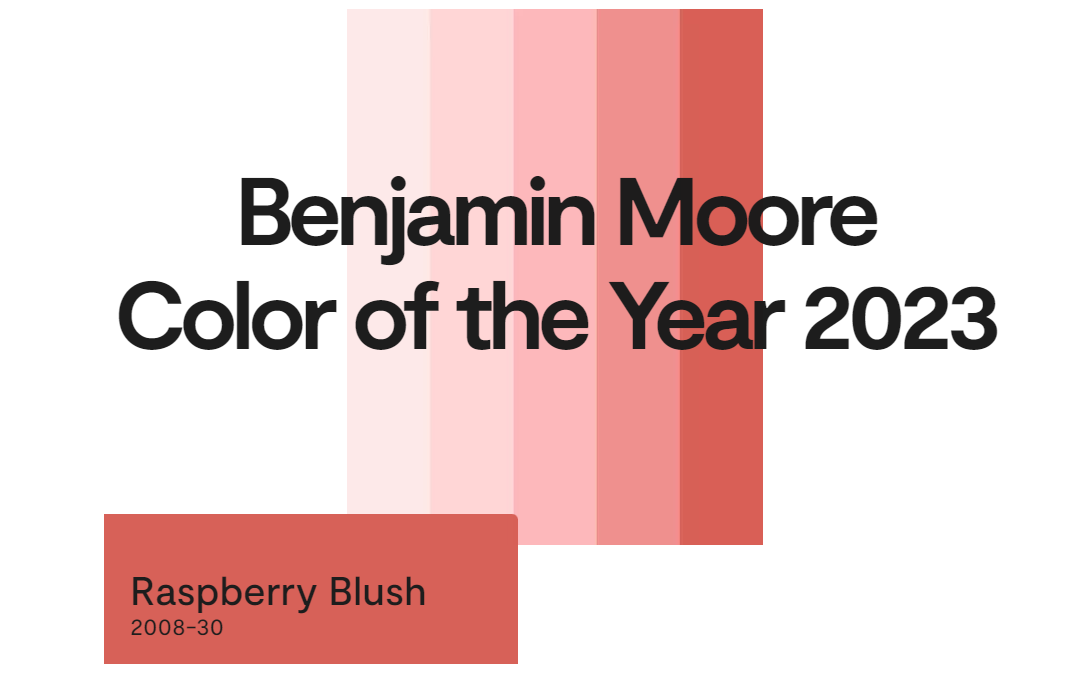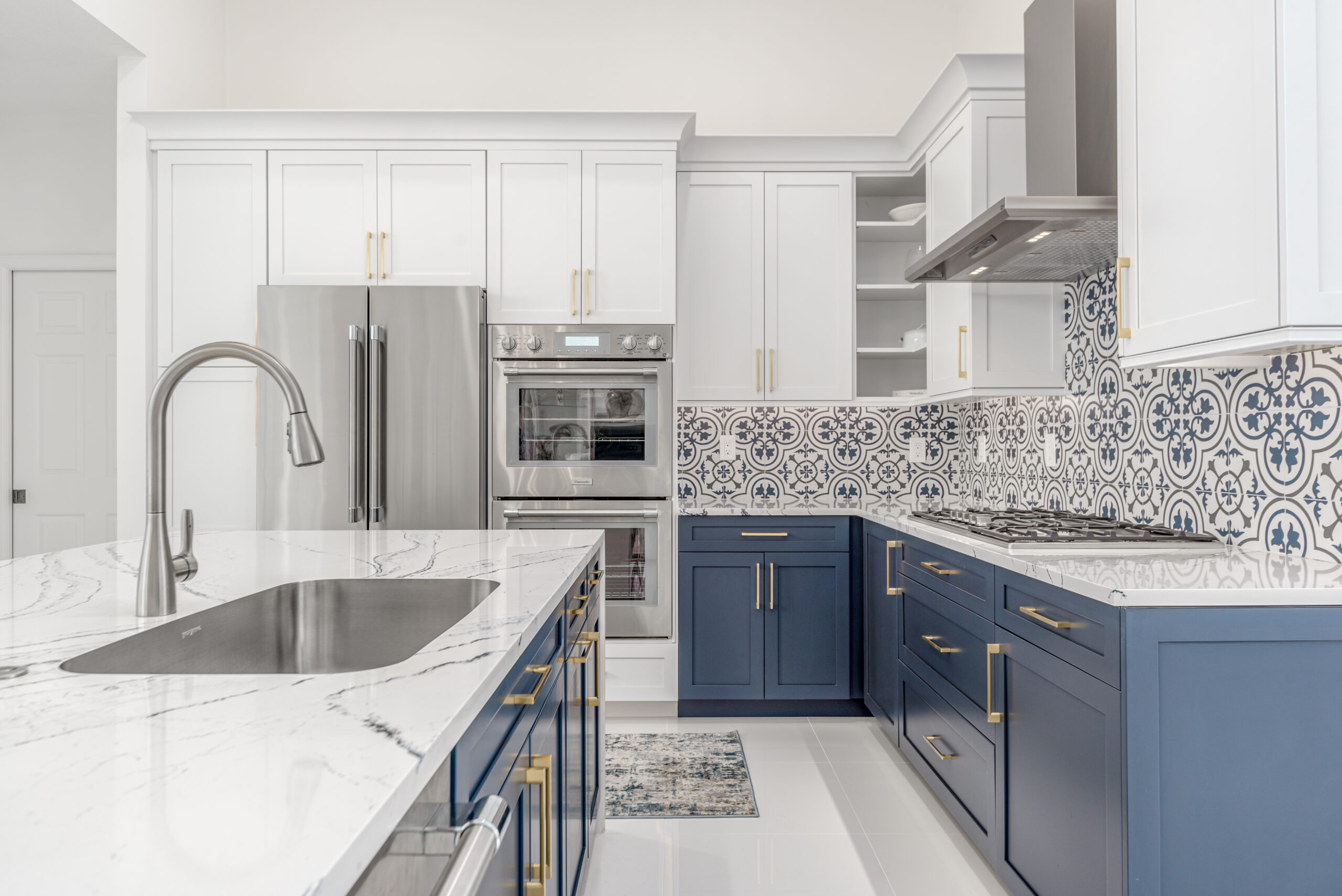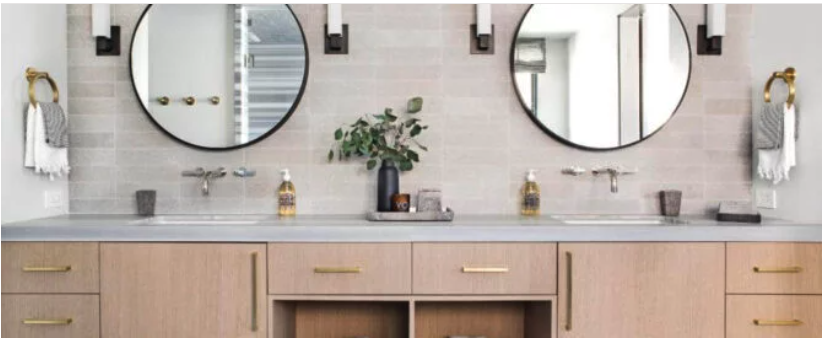When it comes to selecting the perfect countertop for your kitchen or bathroom, various factors should be considered. Among these, one crucial aspect that often goes overlooked is the hardness of the countertop material. Countertop hardness plays a significant role in determining the surface’s durability, longevity, and resistance to scratches and impacts. In this blog, we will delve into the importance of countertop hardness, explore some popular materials, and provide insights to help you make an informed decision for your home.
-
What is Countertop Hardness?
Countertop hardness refers to the ability of the material to withstand wear and tear, scratches, and other forms of damage over time. Harder countertops are generally more resistant to dents, scratches, and chips, making them ideal for high-traffic areas like kitchens.
-
The Mohs Scale: Measuring Hardness
To assess the hardness of materials, including countertops, the Mohs scale is commonly used. The scale ranges from 1 to 10, with 10 being the hardest material. For instance, materials with a rating of 7 or higher are considered highly durable and suitable for countertops.
-
Top Hardness Contenders:
a) Granite: Granite countertops are popular for their exceptional hardness, typically ranking between 6 to 7 on the Mohs scale. They can withstand heat, resist scratches from knives and cookware, and are unlikely to chip or crack with proper care.
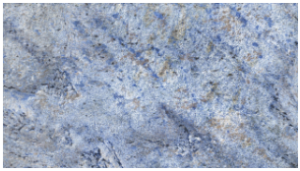
b) Quartzite: With a rating of 7 on the Mohs scale, quartzite is one of the hardest natural stone options available. It offers a marble-like appearance with the durability of granite, making it an excellent choice for busy kitchens.
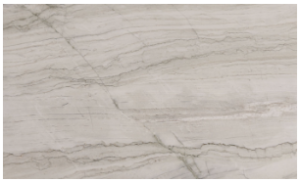
c) Quartz: Engineered quartz countertops are composed of natural quartz crystals mixed with resins and pigments. This combination yields a rating of 7 on the Mohs scale, providing high durability and low maintenance requirements.
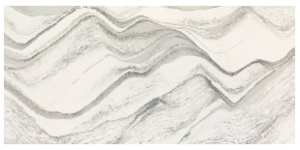
d) Soapstone: Although softer than granite and quartzite, soapstone’s unique charm lies in its ability to develop a patina over time. With a hardness of around 4 to 5, it is more susceptible to scratches but can be sanded and oiled to restore its appearance.
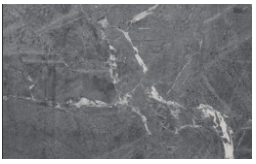
- Considerations for Softer Materials:
While softer materials like marble, limestone, and wood can add elegance and warmth to your kitchen or bathroom, they may require more careful maintenance and are more prone to scratching and etching.
- Balancing Aesthetics and Functionality:
Ultimately, the choice of countertop material comes down to finding the perfect balance between aesthetics and functionality. It is essential to assess your lifestyle, cooking habits, and maintenance preferences when making this decision.
Investing in a countertop with the right level of hardness is crucial for creating a long-lasting and functional space in your kitchen or bathroom. By understanding the Mohs scale and the hardness of various countertop materials, you can make an informed decision that aligns with your needs and enhances the beauty and functionality of your home. Whether you opt for granite, quartz, or other materials, a well-chosen countertop will undoubtedly stand the test of time and add value to your cherished living spaces.

